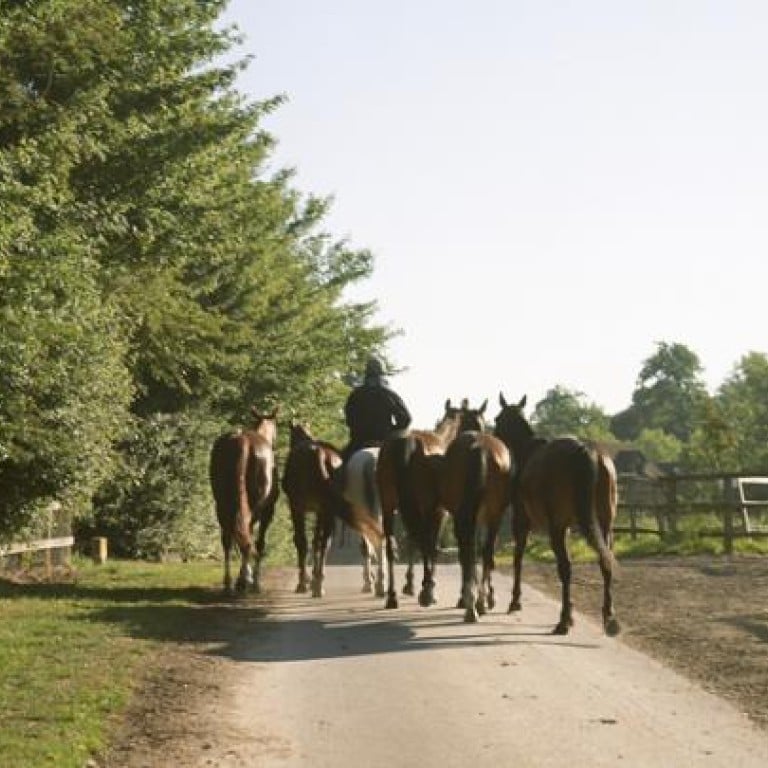In pursuit of polo: A prestigious academy in Britain lets you experience the sport of kings

A prestigious academy in Britain lets you experience the sport of kings. Lara Brunt takes the reins
HORSEMEN THUNDER PAST in a blur of brilliant white breeches and polished riding boots. With an arching swing, the front runner brings his mallet down hard, and with a crack of wood sends the ball soaring through the goalposts.
For those seeking a quintessential English experience, the spectacle of a polo match played out on the verdant fields of Guards Polo Club near Ascot – a favourite with the Royal family – is difficult to beat.
Steeped in history, the aristocratic sport is not for the faint hearted. “It’s like rugby on horseback,” says professional polo player James White. “But when played well, polo is incredibly elegant and fluid.”
Now, guests staying at a nearby luxury country house hotel can experience the sport of kings thanks to the creation of the Guards Polo Academy.
The academy is a joint venture between Coworth Park, part of the Dorchester Collection of hotels, and the venerable polo club founded by the Duke of Edinburgh in 1955 that leases the hotel’s world-class polo fields. Nestled in 97 hectares of beautiful Berkshire countryside bordering Windsor Great Park, the hotel is a sumptuous rural retreat, yet only 45 minutes from central London.
Guards Polo Academy is lead by one of England’s most experienced professional players, Andrew Hine, a former captain and now manager of the national team. “Polo is an addictive cocktail of adrenaline, speed and competition,” says Hine. “The sport draws together individuals who are absorbed by their love of horses, the ball sport, the contact sport and the team sport.” The academy, however, caters for all levels, from non-riders to experienced players looking to improve their skills.
Private or small group lessons are led by Hine or one of his coaches, all professional players, like 23-year-old White. For beginners, the lesson begins with feet firmly on the ground using a short-handled mallet, as White teaches the basic techniques of the four main polo shots. “All players must hold the mallet in their right hand, as left-handed play is banned for safety reasons,” he explains.
Students soon progress to a longhandled mallet and wooden horse, roughly the same height as a real polo pony (a misnomer if ever there was one, for these are highly trained thoroughbreds). Being able to master the different swings, and more importantly strike the ball, while perched atop an inanimate A-frame is surprisingly thrilling.
A groom then leads over a glossy steed and it is time to get in the saddle. White is unfailingly patient and encouraging, as he leads the pony in a walk or canter, depending on your skill as a rider, while you attempt to make contact between mallet and ball.
Whatever the outcome, you’re guaranteed to come away with a newfound appreciation of the sport. “Even if you’re just going to watch polo, I think you should have a lesson beforehand, as it will really change your view of the game,” says White.